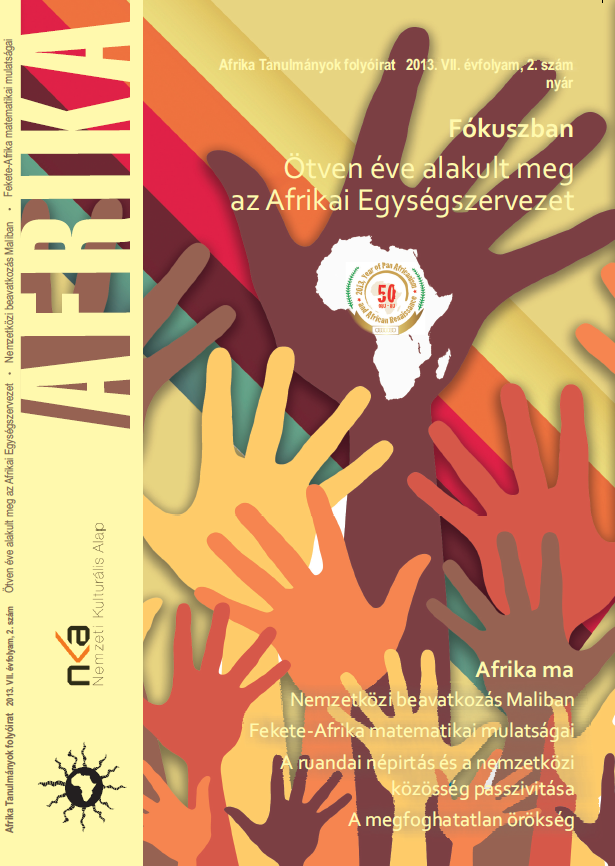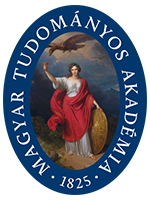The Incomprehensible Heritage
Keywords:
Preservation of traditions, UNESCO, Intangible cultural heritage, Oral traditionAbstract
The essay explores the key concept of identity and culture, revealing the relevant context of globalization and culture. A closer look at of the 2003 UNESCO Convention for the Safeguarding of the Intangible Cultural Heritage is provided. The most important conclusions of the analysis include: 1. Education and learning are intended to compensate for the dangers inherent in the legislation in the case of the intangible cultural heritage. 2. The subject, of course, requires an absolute publicity and not primarily on the subject level – it is necessary that the general public, even the average person can confront the dangers of cultural globalization and appreciate the importance of locality. 3. The role of legislation in this case is also outstanding, because it is a very sensitive regulatory area, where over-protection can cause even more damage than the lack of regulation. The major difficulty is the extension of the intangible cultural heritage to the whole of humanity. The main characteristic stemming from traditions and habits stands merely in their local significance. Just as important they are for a given community, so hard is the acknowledgment of their importance with the entire humanity. Education plays the most outstanding role in this acknowledgment. The study offers some examples from China and Africa.
Downloads
Published
How to Cite
Issue
Section
License

This work is licensed under a Creative Commons Attribution-NonCommercial-NoDerivatives 4.0 International License.
















